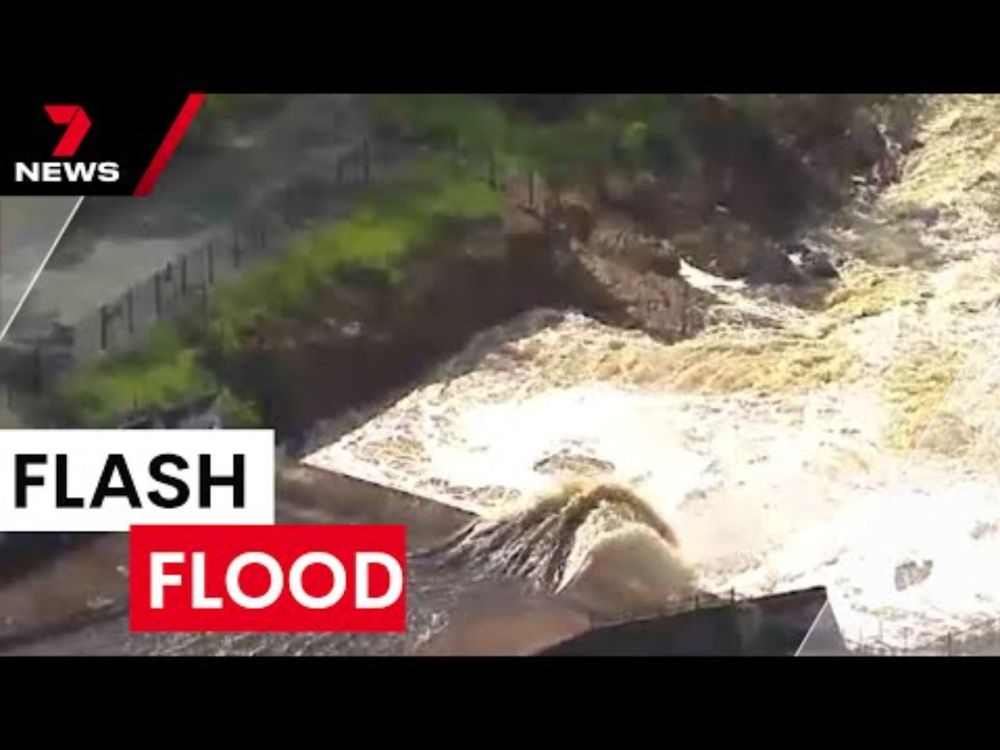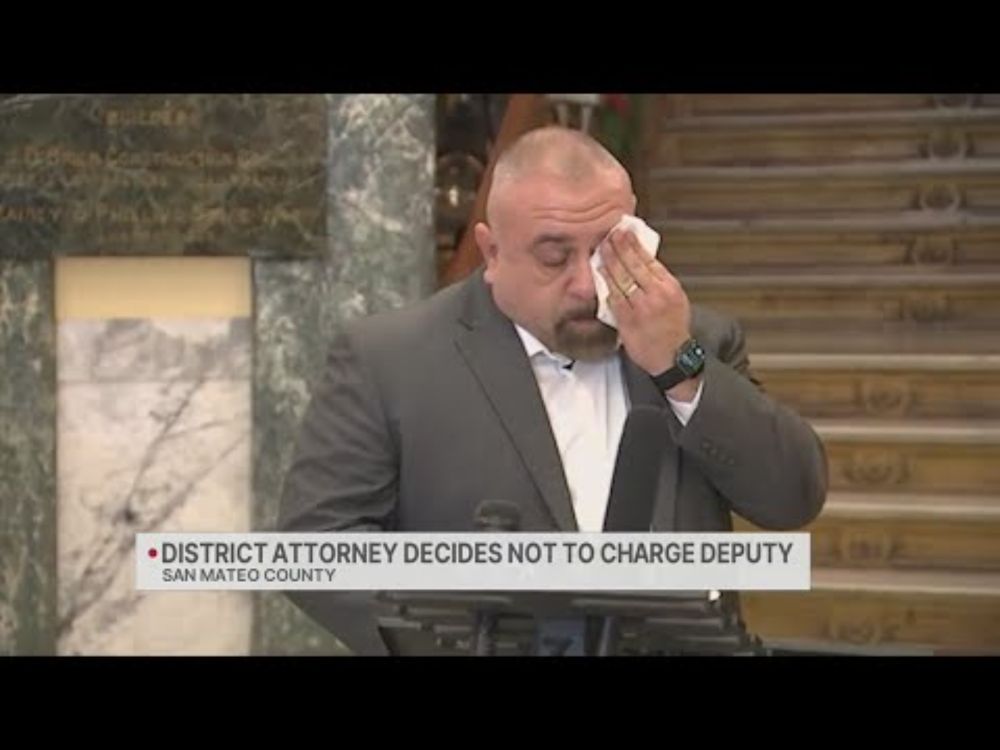Australia's invertebrate extinction tally far greater than previously recognised, ABC Radio
Biodiversity Council member Professor John Woinarski from Charles Darwin University spoke to Michelle Stanley on ABC Radio Perth and WA about his new study, which found that an estimated 9,000 invertebrates have gone extinct in Australia since colonisation and between 1-3 are going extinct every week. This interview was broadcast on 11 December 2024. Between 1 and 3 invertebrate species, such as pollinators and other beneficials like earthworms, are becoming extinct in Australia every week, and about 9000 have become extinct since European arrival in 1788, a new study finds. Invertebrate conservation is often overlooked in favour of our cuddlier animals. But invertebrates form the basis of a livable planet; they pollinate crops, break down organic matter and are an important food source for other animals. “As we lose invertebrates, the health of our crops, waterways, forests and even local parks and backyard gardens will decline,” said study lead and Biodiversity Council member Prof John Woinarski. Federal state and territory governments need to increase work to understand, monitor and conserve Australia’s invertebrates. “There is a lot we can do to prevent extinctions, including by protecting important habitats and reducing threats, such as pesticide use,” said co-author Dr Jess Marsh. Read the full story on our website: https://biodiversitycouncil.org.au/news/australia-extinction-tally-greater-than-previously-recognised
Top Bluesky Posts
Biodiversity Council member and Australian Wildlife Conservancy board member Professor John Woinarski from Charles Darwin University spoke to Michelle Stanley on ABC Radio Perth about Australia's invertebrate extinction.
www.youtube.com/watch?v=MS4e...
You may also like











